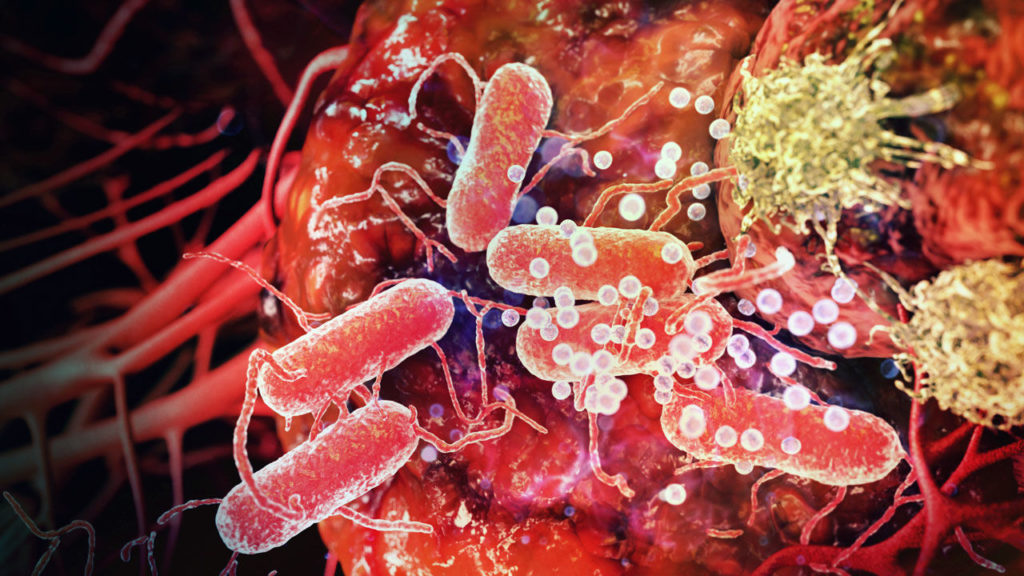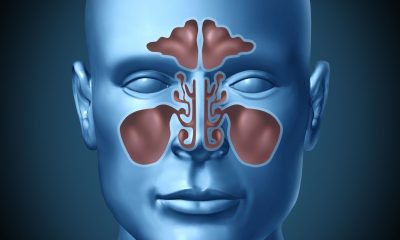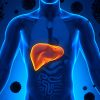1 Million Americans Suffer From Blood Clots A Year: 10 Common Causes of Blood Clots
This year, roughly one million Americans will suffer from a blood clot, also known as thrombosis. Often forming in the deep muscle tissue of the legs, if the clot manages to break free, it becomes an embolus and will start to travel through the body following the flow of the bloodstream. Although there are warning signs that an embolus could be dangerously moving towards a major organ such as the heart, lungs or brain many people will not be aware of these red flags or ignore them all together.
Sadly in about 10 to 30 percent of these cases, the clot will reach the heart, creating a condition known as pulmonary embolism. As the heart’s blood flow becomes blocked and the circulatory system goes into shock and collapses, there is little time in which to save someone suffering from a pulmonary embolism. In 25 percent of these cases, the first symptom shown will be sudden death.The best way to prevent blood clots from forming is to get a better understanding of what causes them in the first place.
Cancer

One of the more rare causes of a pulmonary embolism could be the aggressive growth of tumors in the bloodstream caused by cancer. Certain forms of cancer, like lymphoma, can create mutations in the lymph system which is in charge of making white T and B cells. If bone marrow becomes cancerous, it can begin aggressively forming these cancerous white blood cells; leading to blood clotting of the veins or arteries as they try to repair themselves.
Sometimes, blood clots can actually save a patient as they can alert a physician to unknown cancer, lurking in the body. If you have no prior history of blood clots, your doctor may order a battery of tests and scans be done to look for hidden cancer; though it should be noted that studies have shown these tests to be largely inconclusive and can be expensive.


















